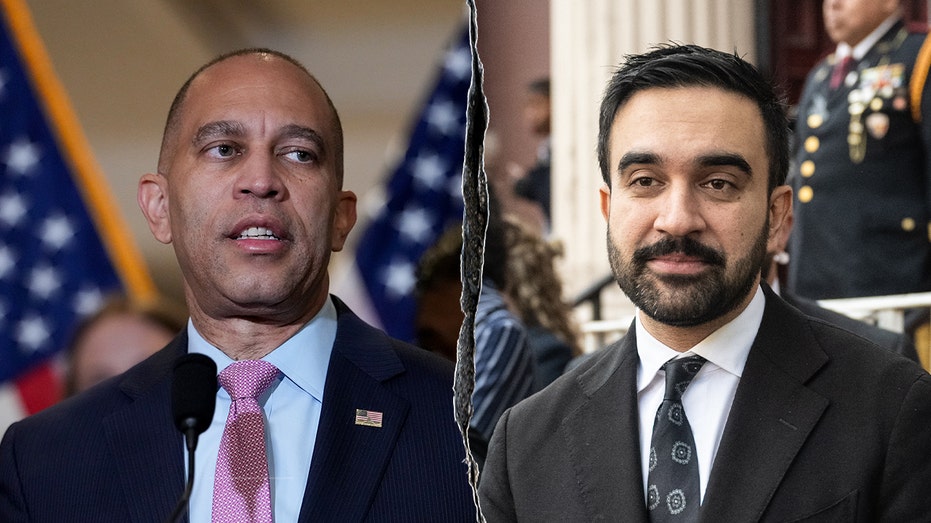A stark warning reverberated across international lines, as a former president publicly declared his intent to address escalating violence targeting Christians in Nigeria. The statement, delivered with forceful conviction, signaled a potential shift in foreign policy and a willingness to confront a crisis unfolding thousands of miles away.
The core of the message centered on accusations of a systematic persecution, a “genocide” as it was described, against Christian communities within Nigeria. The former president asserted that radical Islamist groups were responsible for widespread killings, painting a picture of escalating brutality and a desperate need for intervention.
The response outlined was not one of diplomacy, but of potential force. Instructions were given to the Department of War to “prepare for possible action,” with a promise of a swift and decisive response should the attacks continue. The language employed was deliberately provocative, characterizing any potential military engagement as “fast, vicious, and sweet.”

Beyond the threat of military action, the former president announced the immediate cessation of all aid and assistance to Nigeria if the violence persisted. This economic pressure was presented as a complementary measure, designed to compel the Nigerian government to address the crisis and protect its Christian population.
The former president also formally designated Nigeria as a “country of particular concern,” a legal classification intended to highlight the severity of the situation and trigger further scrutiny. He called upon members of Congress to launch an immediate investigation into the persecution of Christians, demanding swift action and a comprehensive report.
The pronouncements were met with a swift rebuttal from the Nigerian President, who vehemently denied the existence of a targeted campaign against Christians. The accusations of genocide were dismissed, and the threat of military intervention was rejected as unwarranted and unacceptable.
This denial further fueled the intensity of the former president’s stance, reinforcing his conviction that a direct and forceful response was necessary to protect a vulnerable population. He emphasized the United States’ readiness to defend Christians globally, framing the situation as an existential threat to the faith.
The unfolding exchange represents a significant escalation in rhetoric, raising profound questions about the future of US-Nigeria relations and the potential for international intervention in a complex and volatile region. The situation remains fraught with uncertainty, as the world watches to see how these strong words will translate into action.





